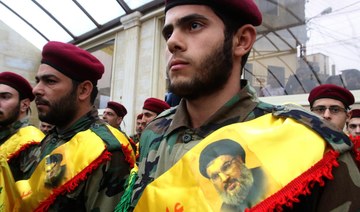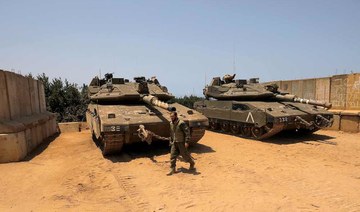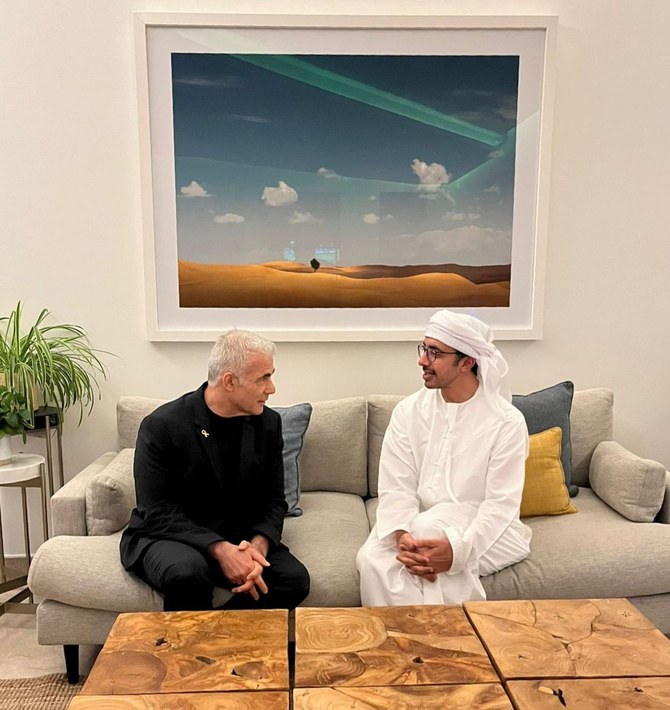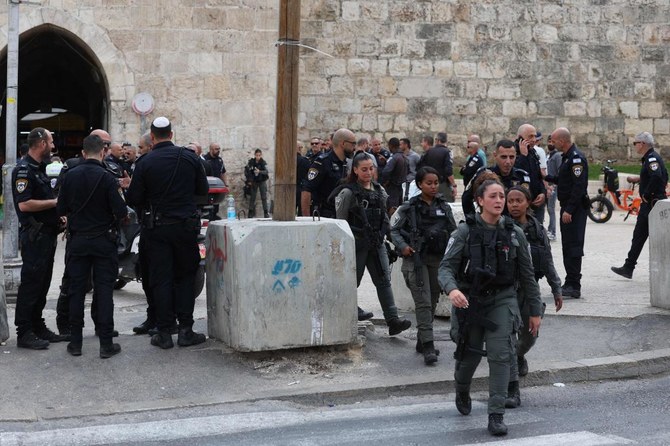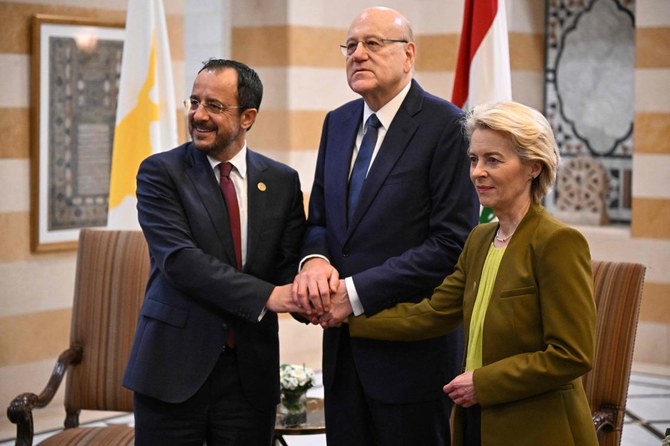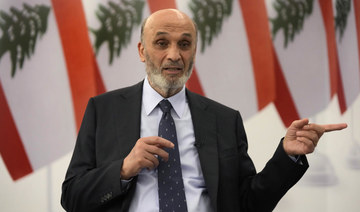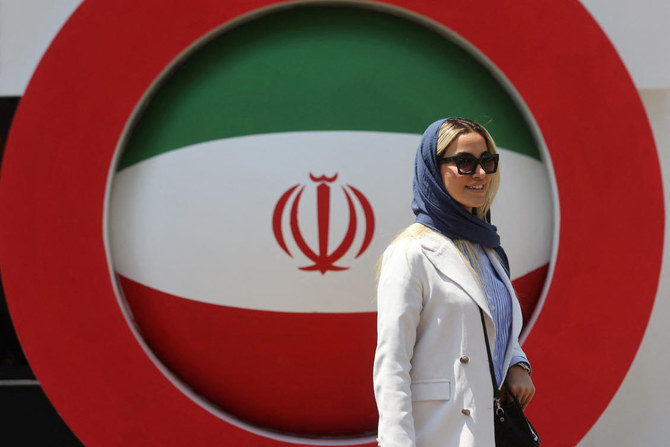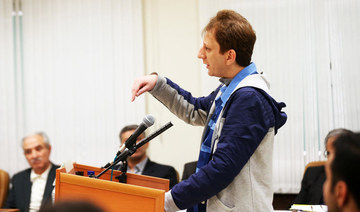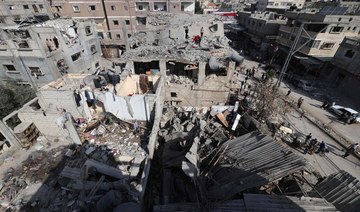BEIRUT: The cost of food in Lebanon has skyrocketed 700 percent over the past two years, and more importantly, the increase has picked up pace in recent weeks, according to a Crisis Observatory report released on Wednesday.
The Crisis Observatory is an interdisciplinary research program launched by the American University of Beirut (AUB) to track the repercussions of the economic crisis in Lebanon.
The report reflected the current state of the country as malls and shops, usually bustling with Eid Al-Adha celebrations, were empty and stagnant this week as much of Lebanon’s middle class can no longer afford to go shopping due to the dramatic increase in prices.
All of this is amid the country’s inability to form a government as Lebanon is teetering on the edge of social and economic collapse.
While the AUB Crisis Observatory report revealed staggering financial shortcomings, it also concluded that Lebanon could turn into the “Venezuela of the Mediterranean” and it predicted a majority of the Lebanese people would struggle to secure their minimum needs without the help of relief institutions.
The report said the exponential and weekly increase of basic food prices is an indicator that the country is “slipping into hyperinflation.”

The price of a basic food basket increased by more than 50 percent in less than a month, Crisis Observatory at the American University of Beirut said. (AFP)
The price of a basic food basket increased by more than 50 percent in less than a month, it said, while clothing has become somewhat of a luxury. Families complained about their inability to buy new clothes for their children on Eid Al-Adha because, as one mother put it, the pants she used to buy at 30,000 pounds are now sold for 400,000 pounds.
FASTFACT
The American University of Beirut Crisis Observatory report concluded that Lebanon could turn into the ‘Venezuela of the Mediterranean’ and it predicted a majority of the Lebanese people would struggle to secure their minimum needs without the help of relief institutions.
“We were expecting to see more customers on Eid Al-Adha, but people’s purchasing power has plummeted,” Therese, owner of a bar in Beirut, said.
“Lebanese expatriates who came to summer in Lebanon have helped revive the tourism a little bit, but we are afraid of what will happen once they leave.”
The report, accessed by Arab News, said the price of basic food items “have dramatically increased in the first half of July,” according to the price lists of Lebanon’s economy ministry and the price courses conducted regularly by the observatory’s researchers.
According to the observatory, “the prices for basic food items, including vegetables, grains, dairy products, beef, eggs, and oil, have soared by more than 700 percent since July 2019, before the financial and economic collapse.”
The price of local bread, which is supposed to be subsidized with a wheat and flour import at the official exchange rate, has increased by 233 percent since May 2020, the report said.
Based on food prices in the first half of July, a family of five was spending more than 3.5 million pounds on food per month. That figure does not take into account the additional costs for water, electricity or cooking gas.
“According to these prices, a family’s budget just for food is around five times the minimum wage, which stands at 675,000 pounds,” the report said. “That was once worth almost $450, but today barely fetches $30 on the black market.”
The observatory linked the inflation of food prices to the devaluation of the Lebanese pound against the US dollar, where the Lebanese currency has lost more than 90 percent of its value in the past two years. According to the report, the inflation “is expected to continue with the projected additional decline in the Lebanese pound’s value in the coming months.”
The fate of Lebanon remains unknown amid the collapse of state institutions.
The country’s politicians have failed to form a government, almost a year after the resignation of Hassan Diab’s government in the aftermath of the catastrophic Beirut blast on Aug. 4, 2020, which killed 211 people and injured more than 6,000.
Nine months after he was designated as prime minister, Saad Hariri announced his inability to form a government on July 15 and stepped down. He failed to reach an agreement with Lebanon President Michel Aoun over a second lineup that Hariri had presented to him.
The parliamentary consultations, aimed at designating a new Sunni figure to form a government, are set to take place on Monday. All of this despite a Sunni resentment against the Lebanese president and his political party’s way of dealing with the prime minister’s constitutional powers.
Imams and khatibs heavily criticized Lebanese politicians in their Eid khutbahs. Some of them even mentioned Aoun by name in an attempt to hold all politicians responsible for the poverty, shortages, and struggles that Lebanon has been grappling with for months.




